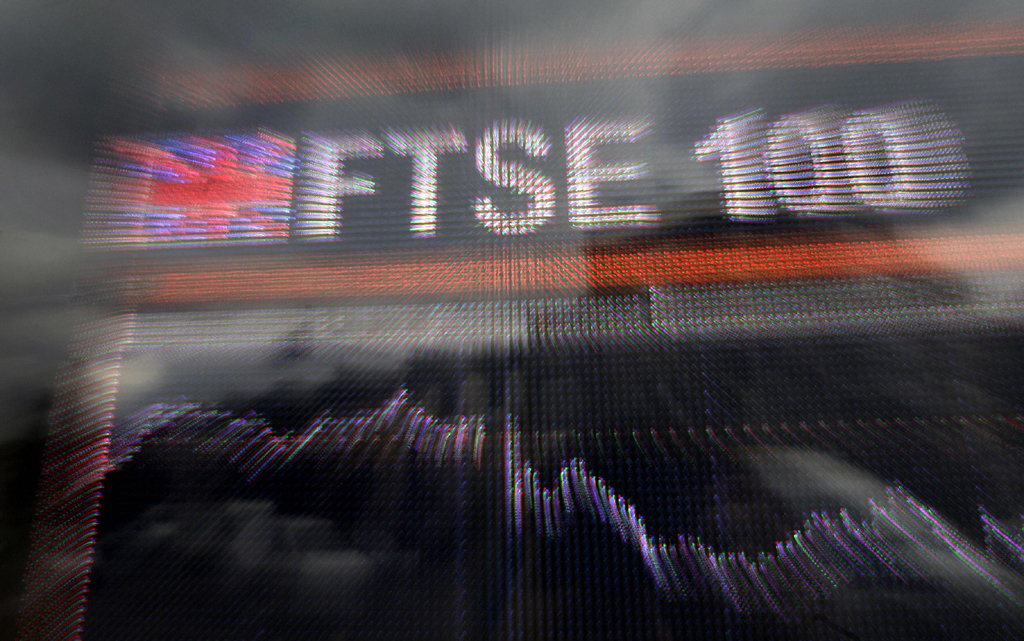London's shares off 6-month highs, Bunzl suffers worst day in a decade

Britain's FTSE 100 was off its six-month high as a fall in miners over Vale's plans to reopen a major Brazilian mine offset gains in banks after upbeat data from China, while Bunzl sank on a slowdown in revenue growth.
The FTSE 100 was little changed by session end, lagging its peers on Wall Street and in Europe, while mid-caps gave up 0.3 percent. Both indexes had scaled their highest levels in over six months in the last session.
Miners lost 1.2 percent after Vale SA said it expected to resume operations at its Brucutu mine within 72 hours.
London-listed shares in Rio Tinto fell 2.7 percent and BHP, the world's biggest miner, gave up 2.5 percent after cutting its iron ore output target following a tropical cyclone.
Business supplies distributor Bunzl plunged 9.3 percent on its worst day in a decade after reporting a slowdown in quarterly growth due to sluggish performance of its grocery and retail business in North America, its biggest market.
The sour mood persisted despite forecast-beating Chinese economic growth data, which Markets.com analyst Neil Wilson attributed to stimulus measures taken by Beijing and U.S. President Donald Trump's decision not to raise tariffs in March.
"Nevertheless, despite these better figs, we should remind ourselves that China is growing at its weakest pace in about three decades," Wilson said.
Positive data from China brought back some appetite for riskier holdings and hurt safe haven assets. As a result, dollar earners including AstraZeneca, GlaxoSmithKline and British American Tobacco weighed on the main bourse.
But Asia-exposed financial heavyweights Prudential and HSBC gained after the data, helping cushion the steep fall in miners.
Banks also got a boost from Morgan Stanley's results that showed the big U.S. bank's quarterly earnings beat analyst estimates as wealth management business grew.
Among mid-caps, office developer Derwent London led real estate stocks lower as data showed British house price growth in February was at the weakest rate in six-and-a-half years with Brexit uncertainty weighing on industry.
A dip in the pound also weighed on the index.
Sterling weakened after data showing annual consumer price inflation was 1.9 percent last month, below forecasts for a 2 percent rise and below the Bank of England's target of 2 percent.
Telecom Plus slipped 3.2 percent after warning that full-year profit would be lower than expected.
Keeping a lid on losses were London-listed shares of Mediclinic that rose nearly 8 percent. The company forecast annual core profit would fall in line with market expectations.
Housebuilder Countryside also advanced 5 percent after an upbeat half-year trading update.
On the small-cap index, car dealership chain Pendragon lost 9.7 percent after it said it would review its operational and financial prospects under its new management following margin pressures that led to a quarterly loss.























Comments
Comments are closed.